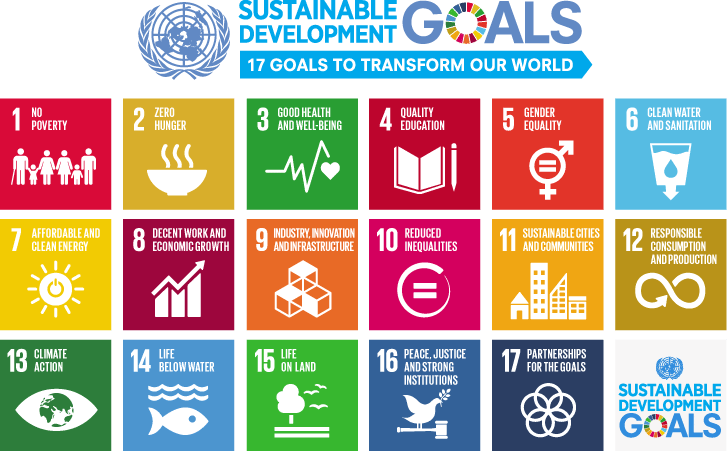Ethics & ESG (Environmental, Social and Governance)
The planet's climate health is now mission critical, requiring a paradigm shift to manage the inevitable catastrophic disasters such as heat waves, hurricanes, flooding and the consequent rise of death, disability, air pollution, the spread of infectious diseases, and malnutrition. Juxtaposed with underlying drivers caused by a global ageing population and uncontrolled consumption it is easy to see that a state of rapid flux is impacting the life sciences sector. Already challenged by the economic reality of rising budget deficits, socioeconomic polarization, food insecurity and unhealthy diets which are exacerbating the changing profile of both infectious (communicable) and chronic disease.
Most investors with an ESG goal are specifically focused on the environmental aspect of climate change, here at The Life Sciences Division, we have published and advised policy makers on the impact of environmental change to health and wellbeing over the last decade and continue to make impact investment our agenda too. We participate through the United Nations sustainability goals, to provide a framework for our work in driving investment to companies with sustainability and impact in mind.
The Life Sciences Division seeks to utilize its sector specialism to support the United Nations sustainability goal number three which is to:
“ensure healthy lives and promote well-being for all, at all ages”.
We aim to support the below objectives in an ethical way:
- Reproductive, maternal, newborn and child health
- Infectious diseases -By 2030, end the epidemics of AIDS, tuberculosis, malaria and neglected tropical diseases and combat hepatitis, water-borne diseases and other communicable diseases
- Non-communicable diseases, mental health, dementia, neurodegenerative diseases
- Health systems, environmental risks and funding
The life sciences sector is in a transformative phase it can make sustainable companies profitable, deliver ethical and impact investing. The most remarkable aspect of meeting the UN sustainability goals of good health and well-being, is that a bioeconomy is already flourishing that is knowledge intensive and skill rich and ignites the 4th industrial revolution which captures cell and gene therapies, drugs, digital and disruptive technologies. The minimum investment into reducing reliance on plastics in healthcare to offset a stark choice – ‘plastic or planet’.
Accelerating the Health Care revolution

